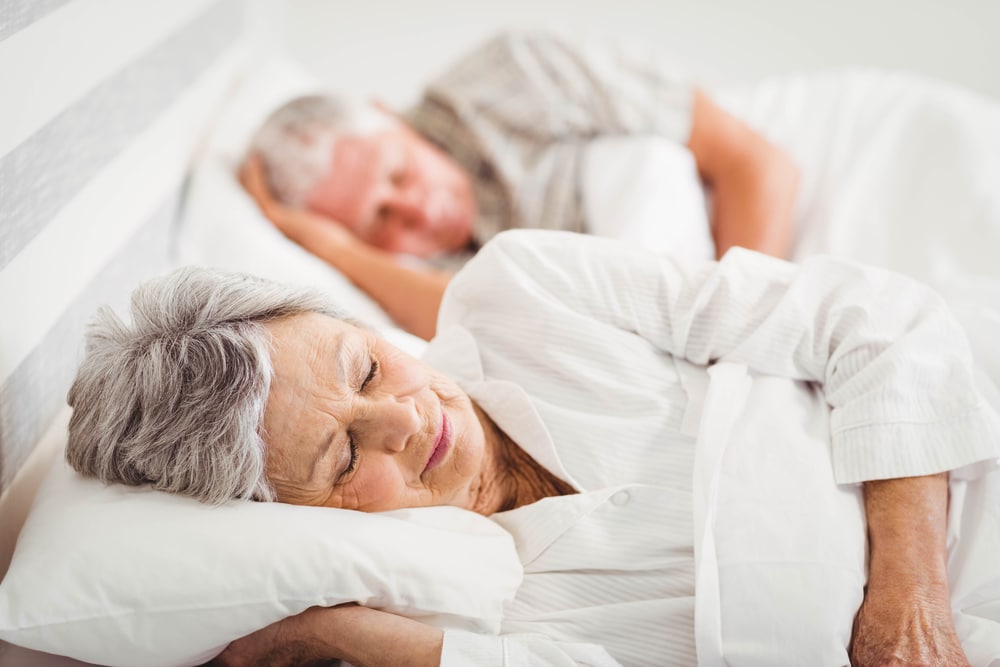How to Get Better Sleep
According to the National Institutes on Aging, seniors need seven to nine hours of sleep. That’s the same amount as any other adult. It’s worth noting that trouble sleeping can take many forms. Some may have trouble falling asleep. Others may struggle with staying asleep. Some wake up early and are unable to go back to sleep. Some wake up tired or feel sleepy throughout the day. Whatever form the trouble takes, learning how to get better sleep may help.
Exercise
Regular physical activity is good for your body. It’s also good for your sleep schedule. Regular exercise can help ensure that you’re tired enough to sleep through the night. However, it’s best to avoid exercising in the hours immediately before bedtime.
Be Consistent
A consistent routine helps your body know what to expect and reinforces your sleep-wake cycle. Try to go to bed and get up at roughly the same time each day. Don’t make huge changes on the weekends.
Create a Relaxing Bedroom
Your bedroom should be a place where it’s easy to fall asleep. You should feel safe there, and it should be cool, dark, and relatively quiet. To achieve that, consider these tips:
- Choose comfortable bedding and night clothes.
- Use air conditioning or fans to keep the temperature comfortably cool during the night.
- Limit light intrusion with light-blocking shades, blinds, or curtains.
- Consider placing a nightlight for safety so that you can travel to the bathroom during the night with minimal disruption.
- Add a fan or sound machine for white noise. This can prevent disturbances from outside sounds that might rouse you.
- Keep a phone and flashlight near the bed in case of emergency to provide a sense of security.
Limit Blue Light Exposure in the Evenings
Electronics like computers, tablets, smartphones, and televisions emit a light called blue light that is known to act on the brain, making it think that it’s daytime. As a result, interacting with screens before bedtime can make it hard to fall asleep. There are several simple ways to limit your blue light exposure:
- Wear blue light glasses.
- Use programs that block blue light.
- Avoid electronics in the two hours before you go to bed.
Be Mindful of Food and Drink
Caffeine and alcohol are both known to interfere with sleep, so consuming either, especially in large amounts, can make it tough to rest easy. However, food can also be problematic. A small meal isn’t likely to cause issues. Eating a large meal close to bedtime is a different story. Many people find that digesting a heavy meal hinders their ability to drift off.
Check Medications
Many medications can include insomnia as a side effect, and the risk of side effects only increases when you combine medications. If you are struggling with insomnia or sleep that’s poor quality, consider reaching out to your pharmacist to ask if any of your medications, either alone or in combination, may be to blame. If they believe it’s possible, take the information to your doctor. A change in either medications or dosages may provide welcome relief.

